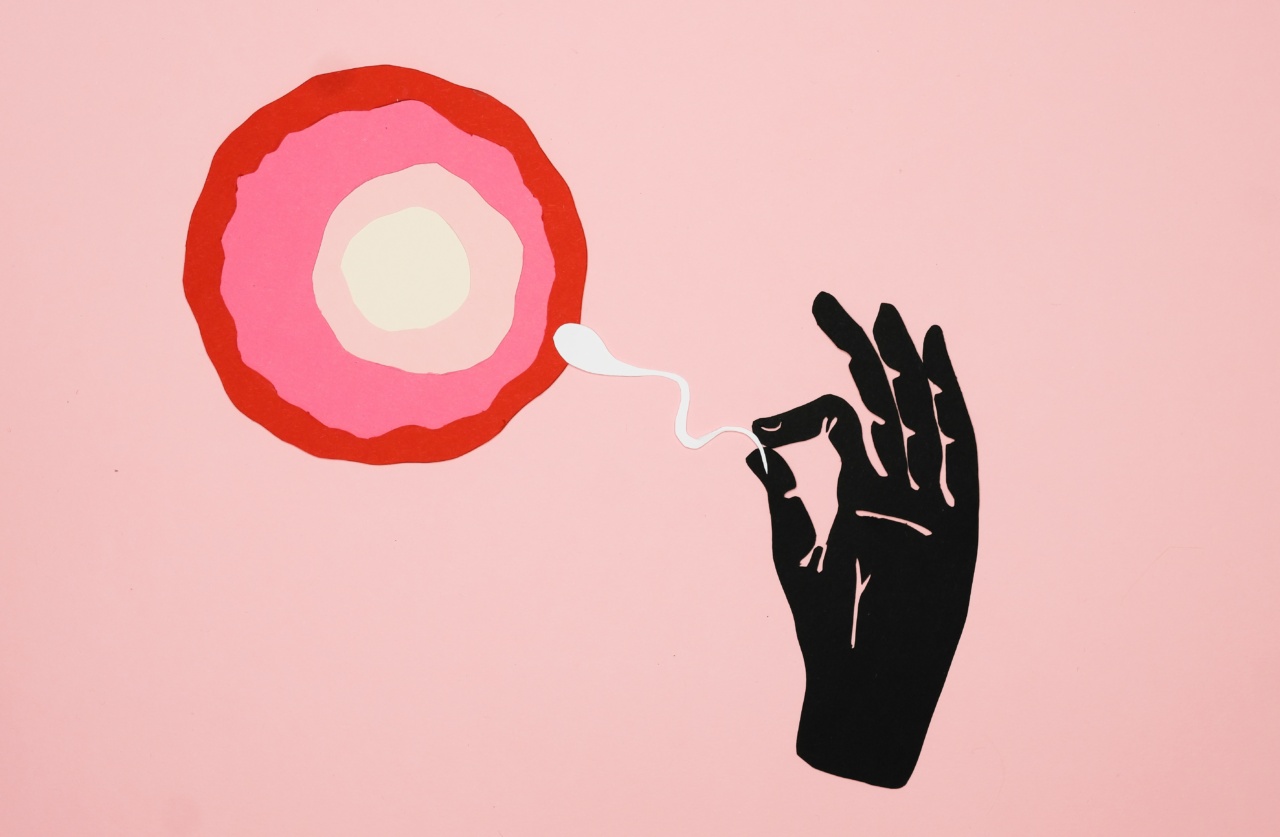The proper functioning of sperm is crucial for male fertility. However, various factors can harm sperm health and fertility, including certain formulations found in everyday products.
These formulations, present in personal care items, cleaning supplies, and even some medications, can have detrimental effects on sperm quality, quantity, and motility. In this article, we will explore how formulations can harm sperm and fertility, highlighting some commonly used products that may pose a risk to male reproductive health.
The Impact of Chemical Formulations on Sperm Quality
Chemical formulations in many household products can interfere with sperm health. The first harmful category is endocrine disruptors. These chemicals can mimic hormones in the body and disrupt the delicate hormonal balance necessary for sperm production.
Phthalates, commonly found in plastics, personal care products, and fragrances, are known endocrine disruptors that can harm sperm and reduce fertility.
Another class of chemicals that can harm sperm quality are known as xenoestrogens. These are synthetic compounds that mimic estrogen and can disrupt male hormonal balance.
Xenoestrogens can be found in pesticides, herbicides, and some plastics, and their adverse effects on sperm have been well-documented.
Certain types of pesticides, such as organochlorines and organophosphates, can also be detrimental to sperm health. These pesticides are commonly used in agriculture and can contaminate food products.
Consumption of these contaminated foods has been associated with decreased semen quality and increased sperm DNA damage.
The Effect of Formulations on Sperm Count and Quantity
Chemical formulations found in everyday products can also impact sperm count and quantity. One common ingredient found in many personal care items, including soaps, shampoos, and toothpaste, is triclosan.
This antibacterial agent has been shown to reduce sperm count and impair male fertility in animal studies. It is important to carefully read product labels and avoid items containing triclosan when concerned about sperm health.
Furthermore, exposure to certain solvents and chemicals commonly found in cleaning supplies, paints, and varnishes can also have a negative impact on sperm count.
These chemicals can be absorbed through the skin or inhaled, leading to decreased sperm production and lower sperm counts in men.
The Link Between Formulations and Sperm Motility
Sperm motility, the ability of sperm to move and swim effectively, is essential for successful fertilization. However, exposure to certain formulations can impair sperm motility and decrease the chances of achieving pregnancy.
One common ingredient found in many personal care products, such as sunscreen and lotions, is oxybenzone. Studies have shown that oxybenzone can impair sperm motility, reducing their ability to reach and fertilize an egg.
Additionally, the chemical bisphenol A (BPA), found in some plastics and food can linings, has been linked to decreased sperm motility.
Research suggests that BPA exposure can affect sperm mitochondrial function, leading to reduced motility and impaired fertility.
Common Products and Medications to Avoid
To protect sperm health and fertility, it is important to be aware of the formulations in everyday products that may be harmful. Some products and medications that may negatively affect sperm include:.
- Personal care items containing phthalates, such as certain perfumes and moisturizers
- Plastics marked with recycling codes 3 (containing phthalates) and 7 (containing BPA)
- Food products with high pesticide residue levels, particularly those with organochlorines and organophosphates
- Cleaning supplies with strong solvents or chemicals
- Medications that list changes in sperm as a potential side effect (consult healthcare professionals for details)
Protecting Sperm and Promoting Fertility
To minimize the harmful effects of formulations on sperm and fertility, several precautions can be taken:.
- Choose personal care products labeled as “phthalate-free” or “BPA-free”
- Opt for organic and pesticide-free food options
- Wear protective clothing and gloves when handling chemicals, solvents, and pesticides
- Properly ventilate living spaces and avoid inhaling fumes from cleaning products or paints
- Discuss with healthcare professionals the potential impact of medications on sperm health
Conclusion
The formulations found in everyday products can have significant consequences on sperm health and fertility. Chemicals such as phthalates, xenoestrogens, pesticides, and solvents can harm sperm quality, reduce sperm count, and impair motility.
Being mindful of the ingredients in personal care items, household products, and medications can help protect sperm and promote male reproductive health. By taking precautions and making informed choices, individuals can minimize the potential risks associated with harmful formulations and preserve their fertility.




























